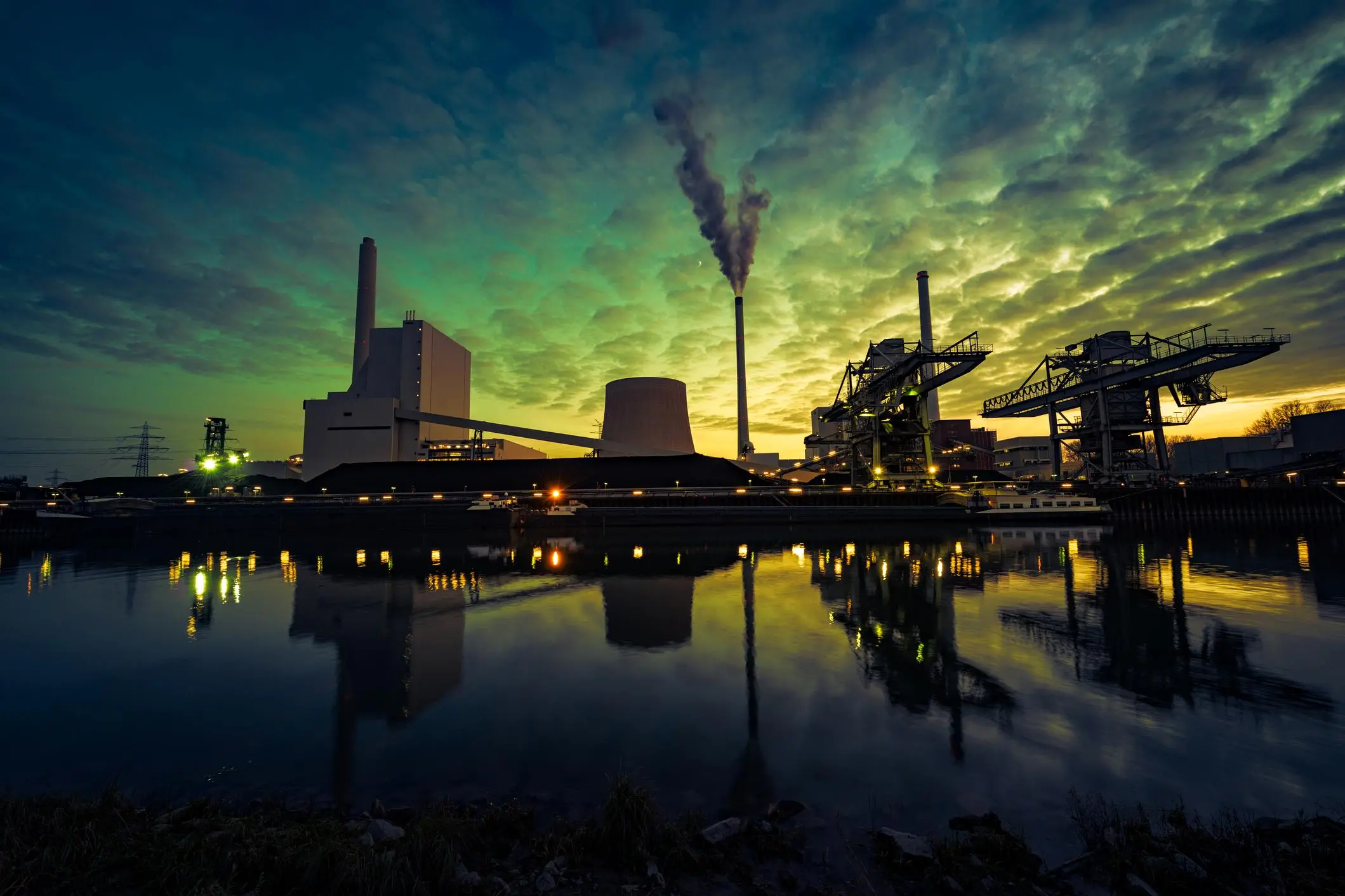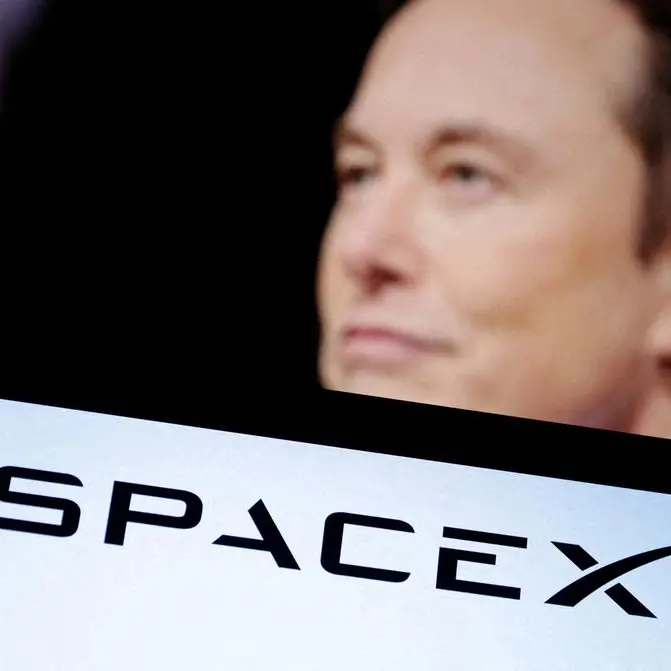PHOTO
If US President Joe Biden’s plans to host a climate summit of world leaders on Earth Day, April 22, are confirmed, its main purpose will be to reactivate his country’s membership of the 2016 Paris Agreement as quickly as possible.
This is especially interesting given that former President Donald Trump’s decision in 2017 to withdraw from the accord did not actually take effect until November 2020; Article 28 of the agreement stipulates that a three-year notice period is required after a signatory states its intention to leave.
China, the US and India are the greatest emitters of carbon dioxide. The emissions continue to increase in the atmosphere and thus heat the earth at an alarming rate. China pledged to reduce carbon emissions by 20 percent and the US by 18 percent. These numbers are in line with the Paris Agreement’s aim of limiting global warming to no more than 2 degrees Celsius by 2100.
In principle, this approach is highly ethical in an effort to preserve the environment in general — but what is happening on the ground has nothing to do with climate change theories.
Do environmentalists and climate change activists know that coal — not oil — is the main source of fuel for generating electricity? Do they know that coal is responsible for 72 percent of total greenhouse gas emissions from generating electricity power? Greenhouse gas is the heat-reflective layer that keeps the Earth at a livable temperature. It includes carbon dioxide, which is emitted whenever coal, oil, natural gas and other fossil fuels are burned.
Despite international efforts to decrease dependence on coal in the production of electricity, the International Energy Agency found that global coal consumption was 65 percent higher in 2020 than in 2000. In other words, global demand for coal is increasing to meet the growing demand for electricity.
This rise in coal consumption is a slap in the face to the Paris Climate Change Agreement and everything it aspires to. Coal remains the largest single source of fuel for generating electricity. This is particularly significant in Asia, where countries such as India, Indonesia and Vietnam — not to mention China — continue to rely heavily on fossil fuels (coal, oil and gas).
Should we, therefore, scrutinize all fossil fuel carbon emissions equally when clearly coal is responsible for the greatest proportion? Coal is the elephant in the room when we consider carbon emissions, with an elephant-sized carbon footprint to boot.
Strangely, whenever the phenomenon of global warming is mentioned, oil is the demon and often suggested to be the main cause. Major consumers of coal simply turn a blind eye to compliance with the carbon emission targets agreed upon in the Paris accord. Therefore, allowing major coal-consuming nations to impose a carbon tax on oil exports makes no sense.
One of the biggest contradictions of the Paris Agreement and its advocates is the failure of the world’s largest consumers of coal — China, America and India, who are also among the five largest coal producers — to adhere to the targets set for percentages of carbon emissions specified in the agreement. Thus, it may be time to refocus our attention and think seriously about dethroning old king coal instead of demonizing oil.
- Faisal Faeq is an energy and oil marketing adviser. He was formerly with OPEC and Saudi Aramco. Twitter:@faisalfaeq
Copyright: Arab News © 2021 All rights reserved. Provided by SyndiGate Media Inc. (Syndigate.info).





















